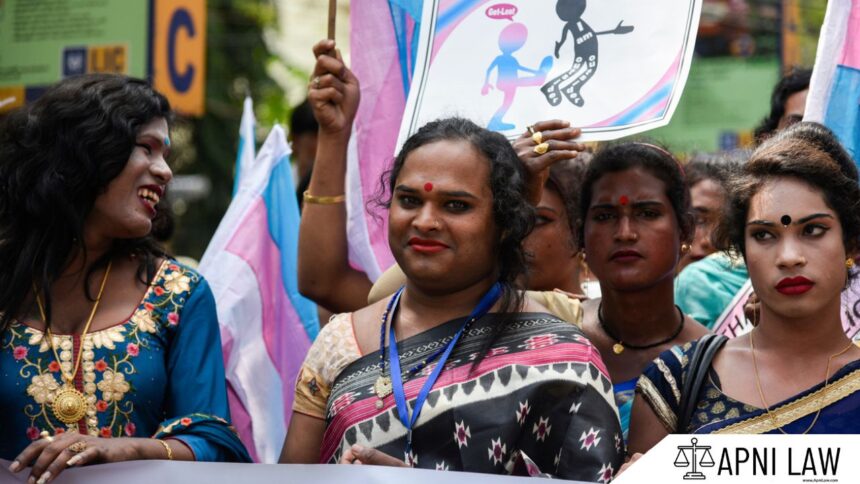Introduction
The Transgender Persons (Protection of Rights) Act, 2019 ensures safety, dignity, and inclusion for transgender individuals in every aspect of life. It sets out key rights related to family life, education, and grievance redressal. The Act mandates establishments and institutions to treat transgender persons with equality and respect, without any form of discrimination.
What Are The Grievance Redressal Rights Under Section 11 of Transgender Persons Act?
Every establishment must appoint a Complaint Officer. This officer will handle complaints related to any violation of the Act’s provisions. This step ensures accountability and protects transgender persons from unfair treatment.
What Are The Residence Rights Of Transgender Persons Under Section 12 of Transgender Persons Act?
The Act strictly prohibits separating a transgender child from their parents or family. Such separation is allowed only if a competent court orders it in the child’s best interest. Every transgender person also has the right to live in the same household as their parents or immediate family members.Family members must not exclude them from the household or any part of it. They must also allow them to use all household facilities fairly and equally.
If a parent or immediate family member is unable to care for a transgender person, the court can order their placement in a rehabilitation centre. This ensures continued care and protection.
How Does Right To Education Work Under Section 13 of Transgender Persons Act?
Additionally, all educational institutions that receive government funding or recognition must offer inclusive education. They must also provide equal opportunities for sports, recreation, and leisure activities to transgender persons. No transgender student should face discrimination in any form.
Case Law on Section 11 & 12 of the Transgender Persons Act, 2019
S. Swapna v. The State of Tamil Nadu, 2021 (Madras High Court)
Case Background
In the case of S. Swapna, a transgender woman sought protection and the right to live with her chosen family. Her biological parents objected and tried to separate her from her supportive partner and chosen home. She approached the Madras High Court after facing harassment and threats from her family and local authorities.
Court’s Ruling
The Madras High Court upheld her right to live with dignity and security. The Court clearly stated that transgender persons have the right to reside with their immediate or chosen family under Section 12 of the Act. It also affirmed that no transgender child can be separated from their parents or guardians unless ordered by a competent court, aligning with Section 11.
The Court directed the police to provide protection to the petitioner and instructed her family not to interfere in her personal life. The Court emphasized that transgender individuals must be allowed to enjoy family life in a non-discriminatory and supportive environment.
Conclusion
The Transgender Persons (Protection of Rights) Act lays down clear responsibilities for families, institutions, and establishments. It guarantees transgender individuals the right to family support, inclusive education, and grievance redressal. These measures help create a safe and equal environment where transgender persons can live with dignity and confidence.








